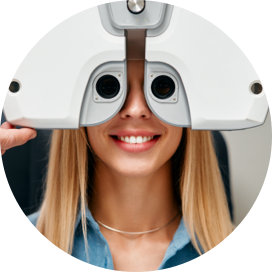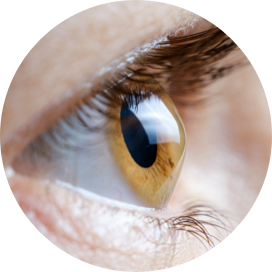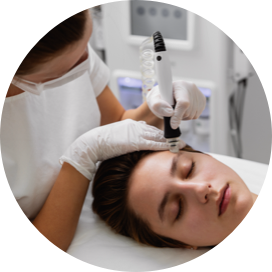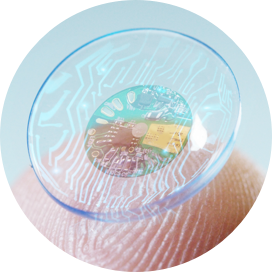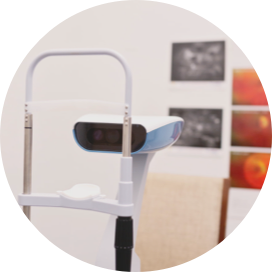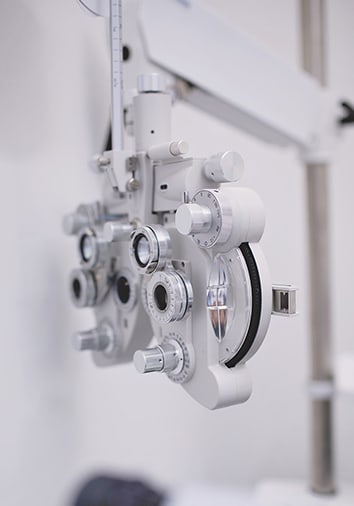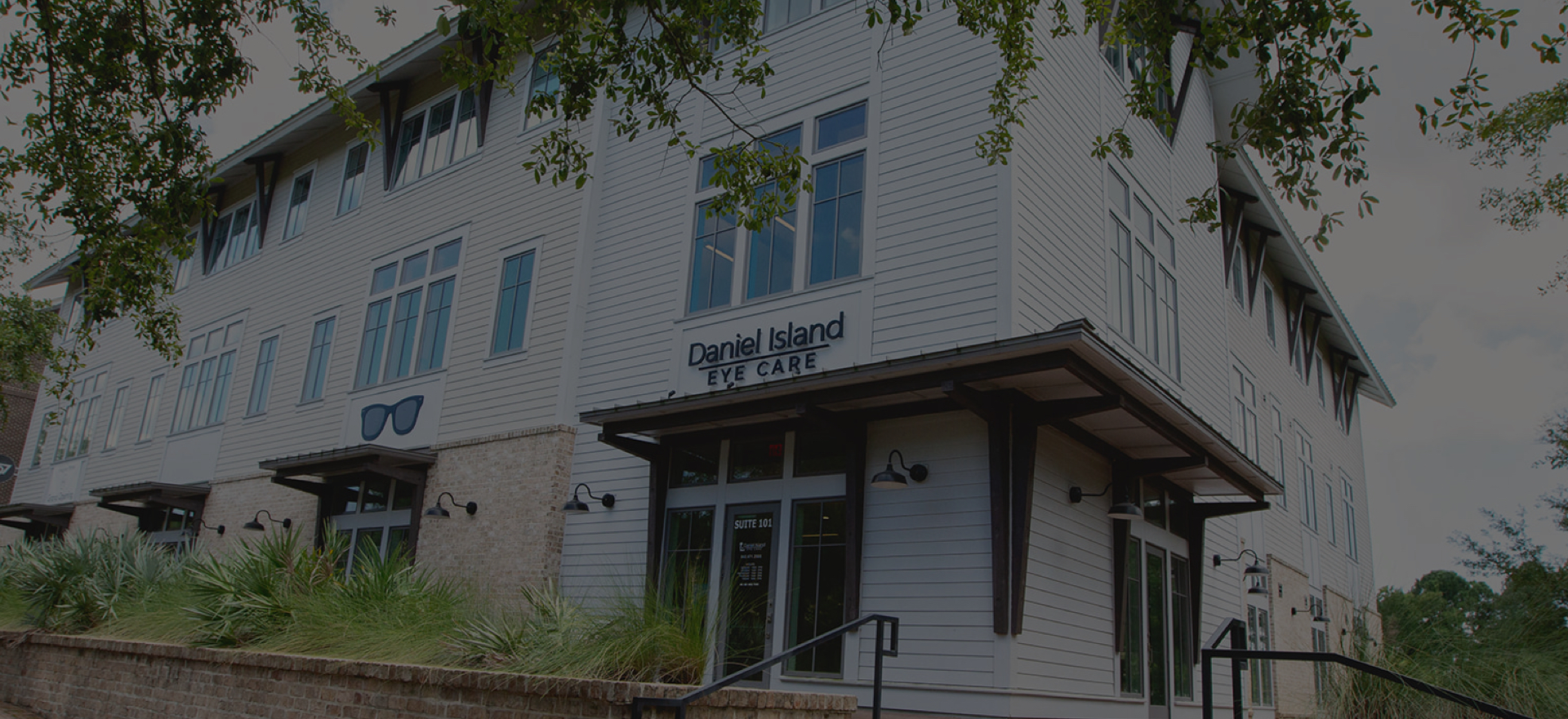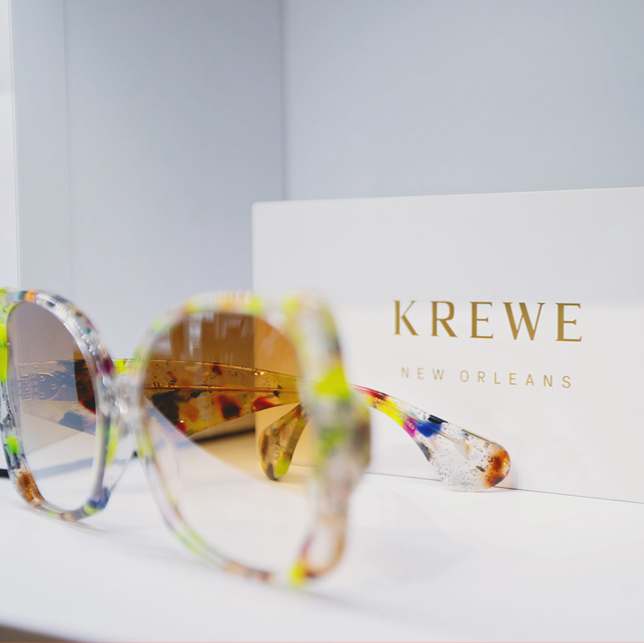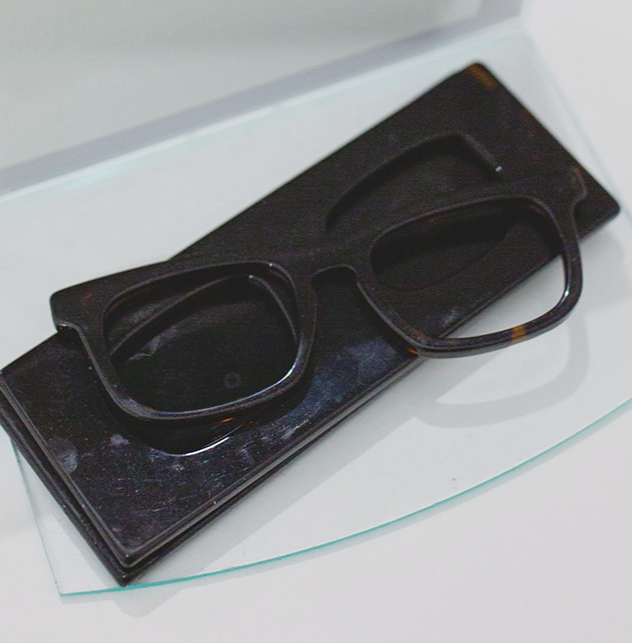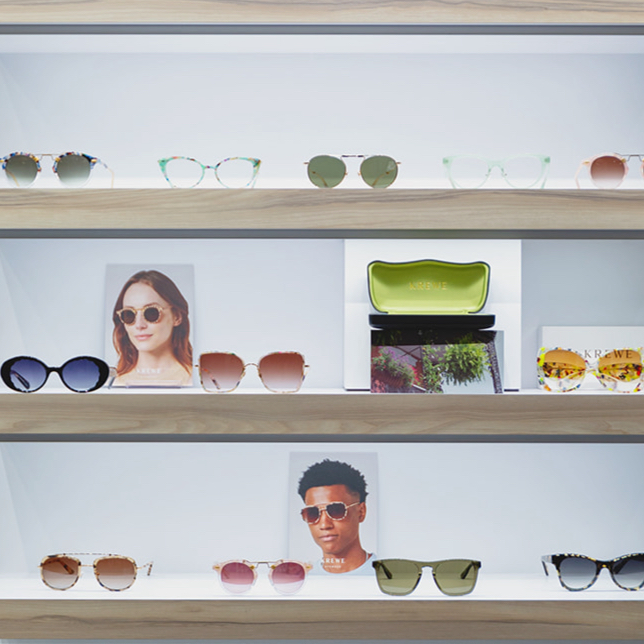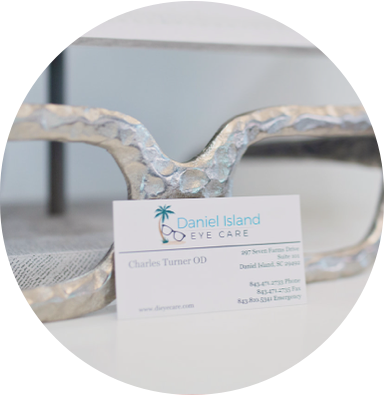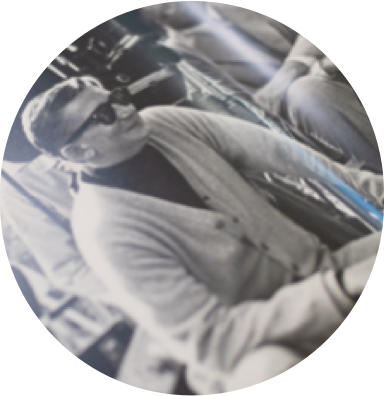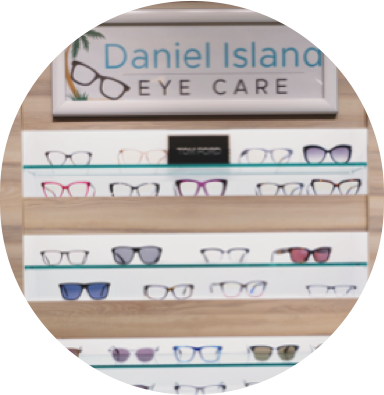Aging is a natural part of life, and it often comes with changes in vision. Many people find themselves needing bifocal glasses as they age.
If you’re wondering whether you can steer clear of bifocals, you’re not alone. It’s a question many of us find ourselves asking as the candles on our birthday cake start to resemble a small bonfire.
The short answer? It might be possible, depending on several factors such as the nature of your vision problems and how well your eyes can adapt to other corrective measures such as contact lenses.
While you might be able to delay the switch to bifocals, it’s important to keep an open mind about them. After all, the end goal is to ensure you have the best possible vision, allowing you to enjoy all the beautiful and fine details of the world around you.
What Is Presbyopia?
You’ve might have heard the term “presbyopia” used if you’ve been chatting about bifocals. Presbyopia is what happens when the tiny lens inside your eye starts getting a bit stiff with age.
The thing is, when we’re young, our eyes’ lenses are super flexible, letting us focus on objects at various distances quickly. But as the years go by, those lenses can lose their elasticity, making it harder to focus on things up close.
It’s a bit like losing the ability to touch your toes without bending your knees – it happens to the best of us at some point.
Most people start noticing signs of presbyopia sometime in their 40s or 50s. It’s a natural part of aging, affecting pretty much everyone, and it’s what leads many to consider bifocals or other reading aids.
But hey, it’s just another reason to look forward to those stylish glasses you’ve been eyeing!
What Are Bifocals?
Bifocals are a type of eyeglasses with lenses that have two distinct optical powers. They’re typically prescribed for people who need help with both distance and near vision.
The upper part of the lens helps with seeing objects far away, while the lower part assists with close-up tasks like reading or sewing.
What Are No-Line Bifocals?
Progressive lenses, also known as no-line bifocals, offer a seamless transition between multiple focal points.
Unlike traditional bifocals with visible lines, progressives provide a gradient of increasing lens power from the top to the bottom of the lens.
This design allows for a natural visual experience without the abrupt changes in vision that bifocals can cause.
Benefits of Progressive Lenses:
- Aesthetically Pleasing: No visible lines, making them look like regular single-vision lenses.
- Smooth Transition: Gradual change in lens power provides a more natural vision correction.
- Versatility: Perfect for those who need correction for distance, intermediate, and near vision.
Things to Consider:
- Adjustment Period: It may take some time to get used to the seamless transition of progressive lenses.
- Cost: Progressive lenses can be more expensive than traditional bifocals.
How to Tell If It’s Time for Bifocals
Wondering if it’s time to consider bifocals? Here are some signs that may indicate you need them:
- Difficulty Reading Up Close: If you find yourself holding books, menus, or smartphones further away to see the text clearly, it might be a sign of presbyopia.
- Frequent Headaches: Straining your eyes to read or see objects up close can cause headaches.
- Switching Between Multiple Pairs of Glasses: If you have different pairs of glasses for reading and distance vision, bifocals can offer a more convenient solution.
- Eye Fatigue: Experiencing tired eyes after prolonged periods of close work or reading can be another indicator.
If these symptoms sound familiar, it might be worth discussing bifocals with your optometrist.
Can You Go Back to Regular Glasses After Bifocals?
Once you’ve switched to bifocals, you may wonder if you can return to using regular glasses. If your presbyopia progresses, you might find it difficult to function without the dual correction provided by bifocals.
However, if your vision changes in a way that allows you to see clearly at all distances without the need for bifocals, you could potentially switch back to regular glasses.
It’s important to have regular eye exams and consult with your optometrist to assess your vision needs over time.
Are There Alternatives to Bifocals?
Absolutely! If bifocals aren’t appealing to you, there are several alternatives available:
- Contact Lenses: Bifocal and multifocal contact lenses can correct both near and distance vision without the need for glasses.
- Reading Glasses: If you only need help with close-up vision, a simple pair of reading glasses might suffice.
- Monovision Contact Lenses: This option involves wearing a contact lens for distance vision in one eye and a lens for near vision in the other.
- Laser Eye Surgery: Some surgical procedures, such as LASIK, can correct presbyopia, although they may not be suitable for everyone.
Each option has its pros and cons, so it’s important to discuss these with your optometrist to determine the best fit for your lifestyle and vision needs.
Explore Your Options for Better Vision
While bifocals have been a reliable solution for presbyopia for centuries, they’re no longer the only option available.
Whether you prefer the convenience of contact lenses, the simplicity of reading glasses, or the seamless vision correction of progressive lenses, there’s a solution out there to meet your unique needs. The key is to stay proactive about your vision health and have open conversations with your optometrist.
Don’t wait to explore your options—reach out and book an appointment with the team at Daniel Island Eye Care for personalized advice.
Vision health is an important piece of your well-being, and taking the right steps now can ensure you see clearly for years to come.


